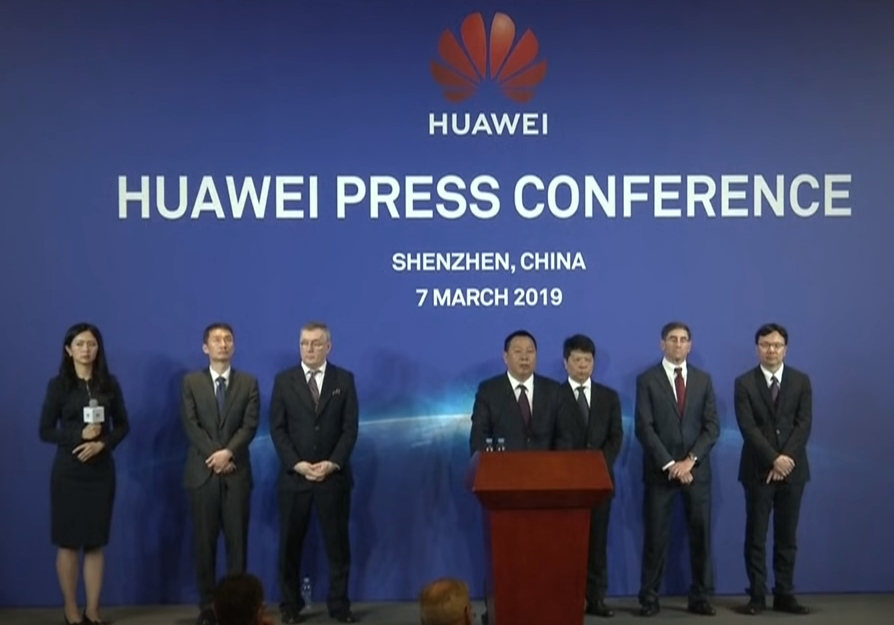Just today, Huawei announced that it has filed a complaint in a U.S. federal court to challenge the constitutionality of section 889 of the 2019 National Defense Authorization Act (NDAA).
For Huawei, this action seeks a declaratory judgment that the restrictions targeting the company are unconstitutional, and a permanent injunction against these restrictions.
“The U.S. Congress has repeatedly failed to produce any evidence to support its restrictions on Huawei products. We are compelled to take this legal action as a proper and last resort. This ban not only is unlawful, but also restricts Huawei from engaging in fair competition, ultimately harming U.S. consumers. We look forward to the court’s verdict, and trust that it will benefit both Huawei and the American people. If this law is set aside, as it should be, Huawei can bring more advanced technologies to the United States and help it build the best 5G networks. Huawei is willing to address the U.S. Government’s security concerns. Lifting the NDAA ban will give the U.S. Government the flexibility it needs to work with Huawei and solve real security issues.”
– Guo Ping, Huawei Rotating Chairman
The lawsuit was filed filed in a U.S. District Court in Plano, Texas. The complaint indicates that Section 889 of the 2019 NDAA not only bars U.S. Government agencies from purchasing Huawei equipment and services, but also restricts them from being involved in contracts or even awarding grants or loans to third parties who buy Huawei equipment or services, all without any executive of judicial process.
This allegedly violates the Bill of Attainder Clause and the Due Process Clause, as well as the Separation-of-Powers principles enshrined in the U.S. Constitution, because Congress is both making the law, and attempting to adjudicate and execute it.
“Section 889 is based on numerous false, unproven, and untested propositions. Contrary to the statute’s premise, Huawei is not owned, controlled, or influenced by the Chinese government. Moreover, Huawei has an excellent security record and program. No contrary evidence has been offered.”
– Song Liuping, Huawei’s Chief Legal Officer
“At Huawei we are proud that we are the most open, transparent, and scrutinized company in the world Huawei’s approach to security by design development and deployment sets a high standards bar that few can match.”
– John Suffolk, Huawei’s Global Cyber Security and Privacy Officer
Huawei thinks that the NDAA restrictions are preventing the company from providing more advanced 5G technologies to U.S. consumers, and therefore impeding efforts to improve the performance of 5G networks in the U.S. These restrictions also stifle competition, leaving U.S. consumers paying higher prices for inferior products.
According to industry sources, allowing Huawei to compete would reduce the cost of wireless infrastructure by between 15% and 40%, in turn, saving North America at least US$20 billion over the next four years.
Emman has been writing technical and feature articles since 2010. Prior to this, he became one of the instructors at Asia Pacific College in 2008, and eventually landed a job as Business Analyst and Technical Writer at Integrated Open Source Solutions for almost 3 years.







